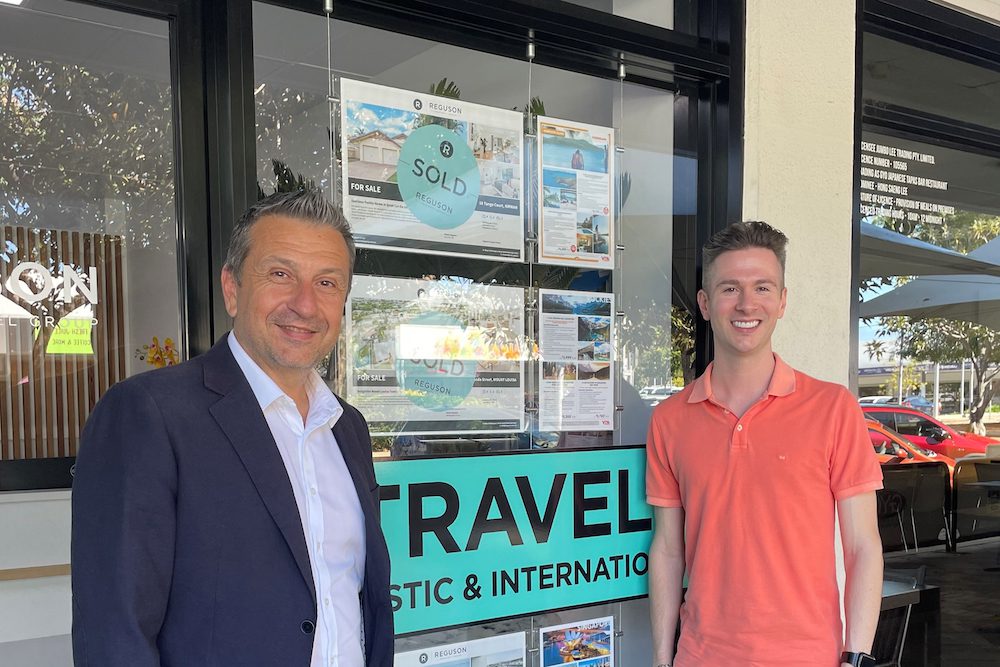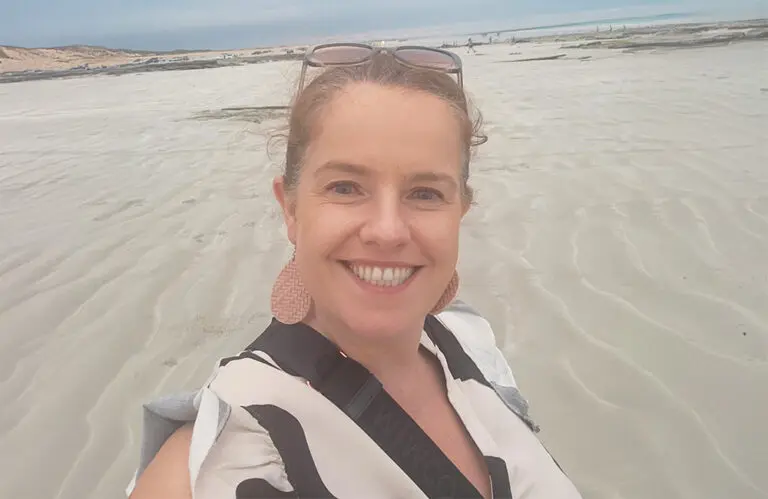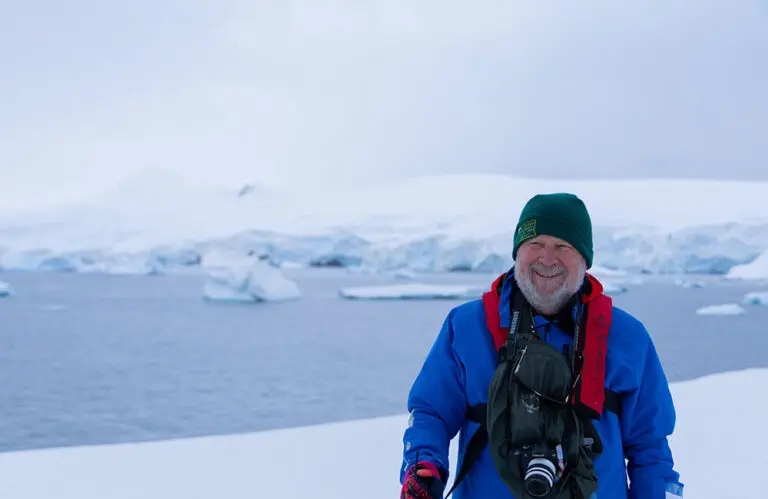Steve Labroski, CEO of itravel Australia, calls a spade a spade. And when we asked him if there were enough travel agents to meet current (less manic) demand, he simply said, “no”.
“I do believe we are making ground but there are challenges ahead. When you look at what the industry has lost, it will take years before we get back to where we were pre-pandemic.
“The knowledge and experience that were lost cannot be replaced overnight. The recovery process is slow due to the time required for training and gaining experience.”
According to Labroski, this shortage is compounded by the increased complexity of travel planning. The expertise required makes the need for seasoned professionals even more “critical”, he told Karryon.
Suppliers are struggling too
Suppliers are facing similar challenges, Labroski said.
Like travel agents, suppliers lost experienced staff during the pandemic, creating gaps in expertise that can’t be quickly filled. Training new staff to pre-pandemic levels of knowledge and efficiency is a lengthy process.
“The loss of experienced staff during the pandemic has created gaps in expertise, impacting the quality of support available to agents,” he said.
With supplier staff still in training, agents often face delays and limited assistance when dealing with complex queries. This trickles down to customer service, impacting the overall travel experience.
Consequences of the talent shortage
“The immediate consequence of this talent drought is a noticeable drop in service levels,” Labroski said.
“New staff often rely on pre-structured responses, which limits their ability to handle unexpected or complex queries.
“When a left-field question is asked, they have to seek assistance from more experienced colleagues, leading to delays and potentially unsatisfactory service. This can result in customer dissatisfaction and lost business opportunities.
“Additionally, the lack of experienced staff can lead to errors and inefficiencies, further straining the industry’s recovery.”
Attracting new talent: Are current efforts enough?
Labroski believes the industry’s efforts to attract new talent are falling short.
“We need a combined approach across the entire industry, supported by organisations like ATIA and the government,” he asserts. To make the travel industry an attractive career option, improvements in job security, competitive salaries, and clear career progression paths are essential, he said.

Labroski suggests industry-wide marketing campaigns, partnerships with educational institutions, and apprenticeship programs as potential solutions.
“Creating a positive and supportive work environment will be crucial in retaining these new recruits,” he said.
“The industry must show that it values its employees and is committed to their growth and well-being.”
Passion vs Practicalities: What attracts talent today?
Passion for travel has always been a driving force in the industry.
“Our industry is built on passion; without it, many would have walked away from this industry a long time ago,” Labroski said.
“Passion for travel remains a key motivator for many, but today, factors like income, flexibility, support, and development also play significant roles.”
Offering competitive salaries, flexible working conditions, robust support systems, and opportunities for professional development can make the industry more appealing.
“Passion can ignite interest, but these practical considerations ensure long-term commitment.”
Key attributes of a successful travel agent
According to Labroski, a good travel agent today needs several key attributes: attention to detail, excellent listening skills, and a determination to succeed. Adaptability, knowledge, and empathy are also crucial. Agents must understand and meet their clients’ unique needs.
“Strong communication skills, problem-solving abilities, and a proactive attitude are also important.”
Breaking into the luxury market: Advice for aspiring agents
For agents looking to move into the luxury space, Labroski offers clear advice: “Find your niche and always keep in mind that Rome wasn’t built in a day.”
“Stay focused and keep working towards your goal.
“Building a presence in the luxury space requires patience, persistence, and a commitment to exceptional service.
“Understand the unique needs and preferences of luxury travellers and tailor your offerings accordingly.
“Networking with luxury suppliers, continuous learning, and staying updated on the latest trends and developments in luxury travel are also essential. Building a strong reputation through excellent customer service and word-of-mouth referrals can significantly help in establishing a foothold in the luxury market.”
Steve Labroski’s journey in the travel industry spans over three decades, starting with the co-founding of Imperial Travel in 1995, which evolved into itravel in 2009 under his leadership. Labroski’s passion for exploration and innovation led to the introduction of mobile services, franchise opportunities, and strategic partnerships, including LiNK by itravel and the luxury brand LUXE by itravel.







